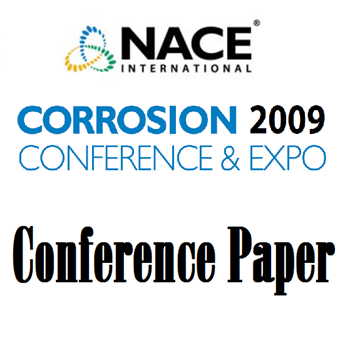Search
02478 THICK WALL STAINLESS STEEL PIPING IN HYDROPROCESSING UNITS -HEAT TREATMENT ISSUES
Also Purchased
03647 TECHNICAL BASIS FOR IMPROVED RELIABILITY OF 347H STAINLESS STEEL HEAVY WALL PIPING IN HYDROGEN SERVICE
Product Number:
51300-03647-SG
ISBN:
03647 2003 CP
$20.00
09338 Heat Treatment Issues on Stainless Steel Heat Exchanger Tubes
Product Number:
51300-09338-SG
ISBN:
09338 2009 CP
Publication Date:
2009
$20.00
04646 Analyzing Water Washing Requirements for Low Severity Hydroprocessing Units
Product Number:
51300-04646-SG
ISBN:
04646 2004 CP
$20.00




